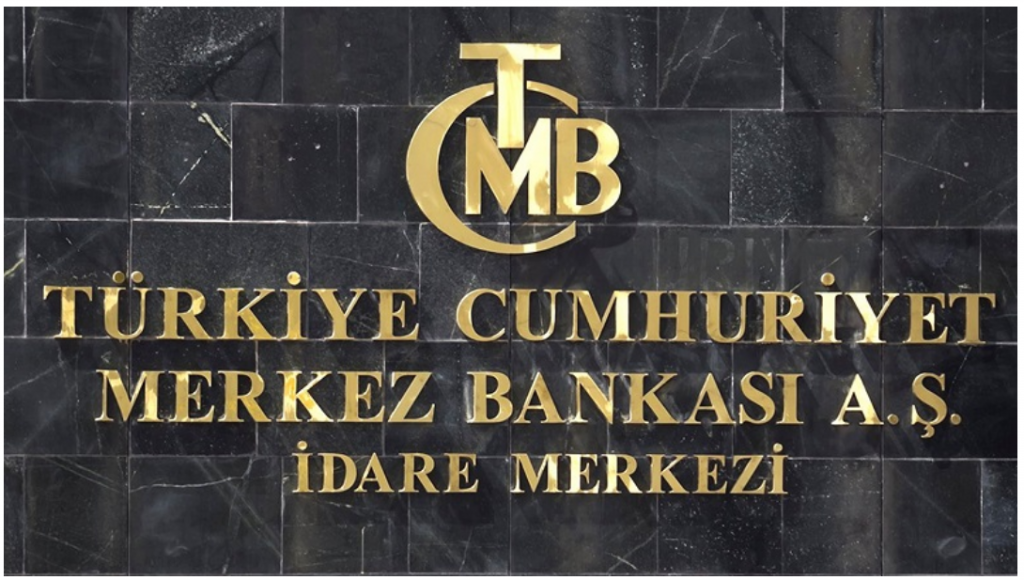Turkey’s lira edged near to its record low on Friday, triggering direct central bank intervention selling dollars, after ratings agency Fitch revised the country’s outlook to “negative” from “stable” over risks created by recent monetary policy easing. November CPI and domestic PPI overshooting consensus estimates also contributed to FZX demand. By Istanbul time 18:30, dollar/TL was trading at 13.71-73, eyeing Moody’s credit rating report scheduled for tonight.
Economists have widely criticized President Tayyip Erdogan’s aggressive rate-cutting policy as reckless, and have warned that the central bank cannot properly defend the currency given its depleted reserves.
The lira weakened as far as 13.89 against the US currency before firming as far as 13.37 as the central bank intervened. At 1039 GMT it stood at 13.65, and has lost some 45% of its value against the greenback this year.
The currency touched a record 14 on Tuesday, a dramatic descent from February when half as many liras were needed to buy one dollar.
The central bank began its interventions the next day and the currency has since approached 13.9 three times before abruptly rallying, suggesting authorities are unwilling to let it blow through 14.
“The impact of the intervention is rather small because the markets know that the reserves are melting,” said Ipek Ozkardeskaya, senior analyst at Swissquote.
“High inflation calls for rate adjustment. Selling the reserves weakens the central bank’s hand, and should have an increasingly limited impact on the currency moving forward.”
Data on Friday showed annual inflation jumped more than expected to a three-year high of 21.31% in November, further exposing the risks of recent aggressive rate cuts.
Erdogan has repeatedly defended the low-rate economic policy over the last two weeks, and the government, regulators and banks association have all rallied around what he calls a new economic model.
Fitch described the central bank’s easing – which started in September even when inflation was accelerating – as premature and said it caused deterioration in domestic confidence reflected in a sharp depreciation of the currency.
“Maintaining a deeply negative real policy rate could further undermine domestic confidence, increasing risks for financial stability, for example if depositor confidence is shaken, and potentially jeopardize the until now resilient access of banks and corporates to external financing,” Fitch said in his rating report.
WATCH: The Aftermath of Currency Collapse: Sudden Stop Syndrome
S&P ratings butted in with the comment: “Using these borrowed reserves to defend an exchange rate appears to us to risk damaging confidence in the lira even further, and potentially raising financial stability questions”.
Since September, the central bank cut the policy rate by 400 basis points to 15%. In investor calls on Thursday, the bank’s governor signaled that policy easing would likely pause in January after one more rate cut this month.
The opposition protested Turkstat’s November price data as “inaccurate”, with main opposition leader Mr. Kemal Kilicdaroglu (CHP) marching to Turkstat headquarters to discuss the issue with officials. Turkstat janitors locked the main gate to stop him and his entourage from entering.
A private academicians group, claiming to replicate Turkstat methodology reported November CPI at ca 10%.
Follow our English language YouTube videos @ REAL TURKEY: https://www.youtube.com/channel/UCKpFJB4GFiNkhmpVZQ_d9Rg
And content at Twitter: @AtillaEng
